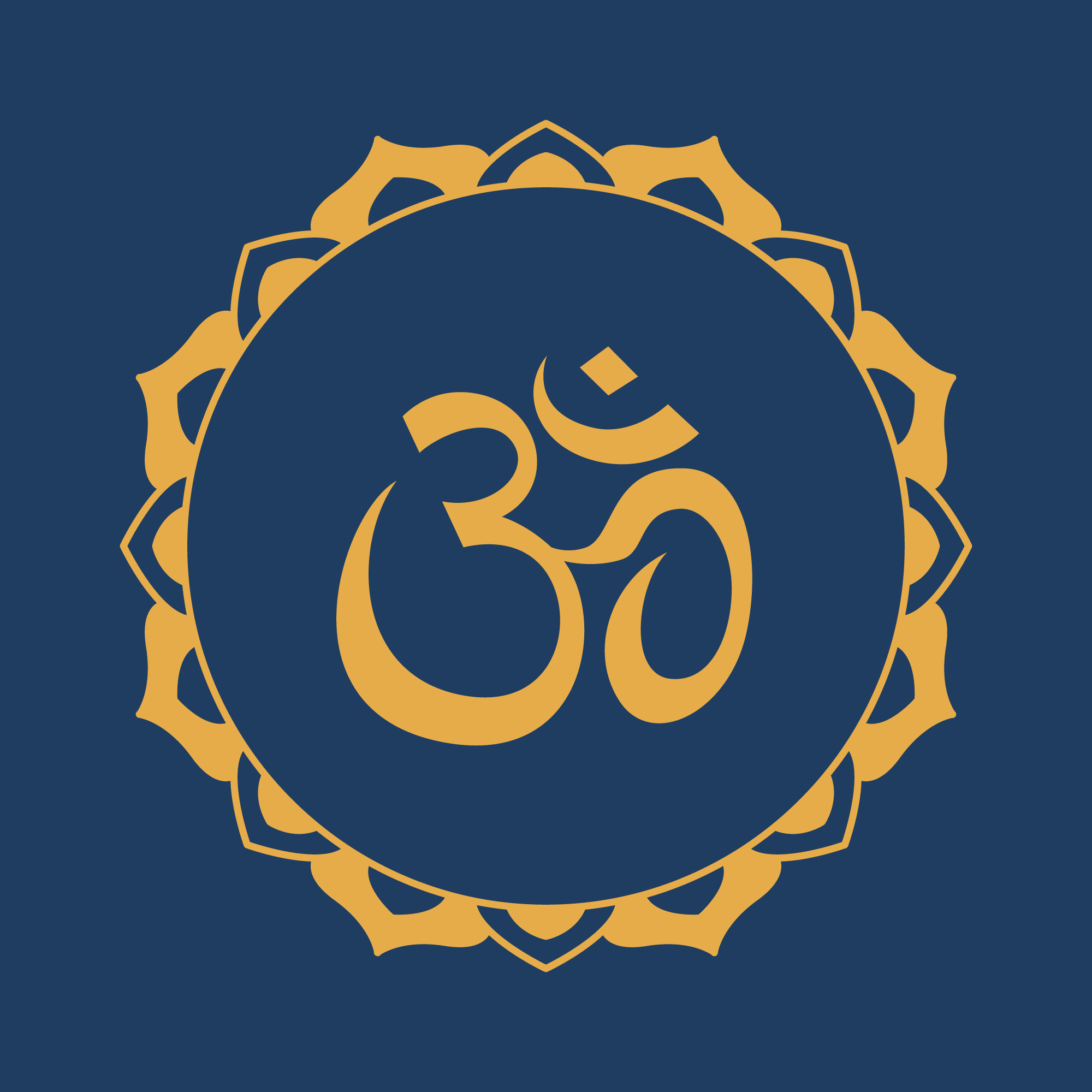
Kabbalah
Content translated by Google Translate

Kabbalah
Kabbalah / Kabbalah: that which is received. That which cannot be known through science or intellectual pursuit alone. An inner knowing that has been passed from sage to student since the dawn of time. A discipline that awakens awareness of the essence of things.
We enter this world and our senses find its outer crust. We touch the earth with our feet, the water and wind hit our skin, we recoil from the heat of the fire. We listen to the sounds and rhythms. We see shapes and colors. Soon we began measuring, weighing, and accurately describing. As scientists, we record the behavior of chemical compounds, plants, animals and humans. We record them on videotape, look under the microscope, create mathematical models, fill a supercomputer with data about them. From our observations, we learn to tame our environment with inventions and gadgets, and then we pat ourselves on the back and say, "That's right, we did it."
But we ourselves, our consciousness, which is examining this world, reside in a deeper layer. That's why we can't help but ask, "What about the thing itself? What's there before we measure it? What is matter, energy, time, space - and how did they come to be?
To explain our world without examining this inner depth is as superficial as explaining the work of a computer by describing the images seen on the monitor. If we see a ball moving up and down the screen, would we say that it is bouncing against the background of the screen? Do the devices on your scrollbar exert any force on the page within the screen? Does the menu bar really have the menus hidden behind it?
The author of user-friendly software has followed consistent rules so that you can work comfortably within it. If it's a game of any complexity, he had to determine and follow a large set of rules. But a description of these rules is not a valid explanation of how it works. To do this, we need to read his code, examine the equipment, and most importantly - examine his original concept description. We need to see it the way the author sees it, as it evolves step by step from a concept in his mind, through the code he writes, to the tiny phosphorescent dots on the screen.
The code behind reality, the concept that breathes life into equations and makes them real. Men and women have sacrificed their food, their comfort, traveled great distances, and paid with their own lives to come to know these things. There isn't a single culture in this world that doesn't have its teachings to describe them. In Jewish teachings, they are described in Kabbalah.
According to tradition, the truths of Kabbalah were known to Adam (Adam). What your mind has apprehended, no other mind can conceive. Yet he was able to impart a glimmer of his knowledge to some of the great souls who descended from him, such as Hanoch and Metushelach. They were the great teachers who taught Nôach (Noah), who in turn taught his own students, including Avraham (Abraham). Avraham studied at Noah's son Shem's academy and sent his son Yitzchak to study there after him. Yitzchak in turn sent his son Jacob to study with Shem and Shem's great-grandson, Ever.
Adam, Noach, Avraham - these were the fathers of all mankind. That's why you will find allusions to the truths they taught wherever human culture has gone.
Even so, the essential source for Kabbalah is not Adam or Noach or even Avraham. It is the event at Mount Sinai, where the primordial essence of the cosmos was laid bare for an entire nation to behold. It was an experience that left an indelible mark on the Jewish psyche, completely shaping our thinking and behavior ever since.
At Sinai, inner wisdom became no longer a matter of intuition or private revelation. It was then a fact that it had penetrated our world and become part of the history and experience of ordinary mortals.
This is why Kabbalah cannot be called a philosophy. A philosophy is the product of human minds, something that any other human mind can play with, squeeze or stretch to the dictates of its own intellect and intuition. But Kabbalah means: "which is received." Received not just from a teacher, but from Sinai. Once the student has mastered this received knowledge path, he or she can find ways to expand it further, as a tree branches out from its trunk. But it will always be an organic growth, never touching the essential life and form of that knowledge. The branches, twigs and leaves will go just where they are supposed to for that particular tree. A maple tree will never become an oak tree, and a student will never reveal a secret that was not hidden in his master's words.
